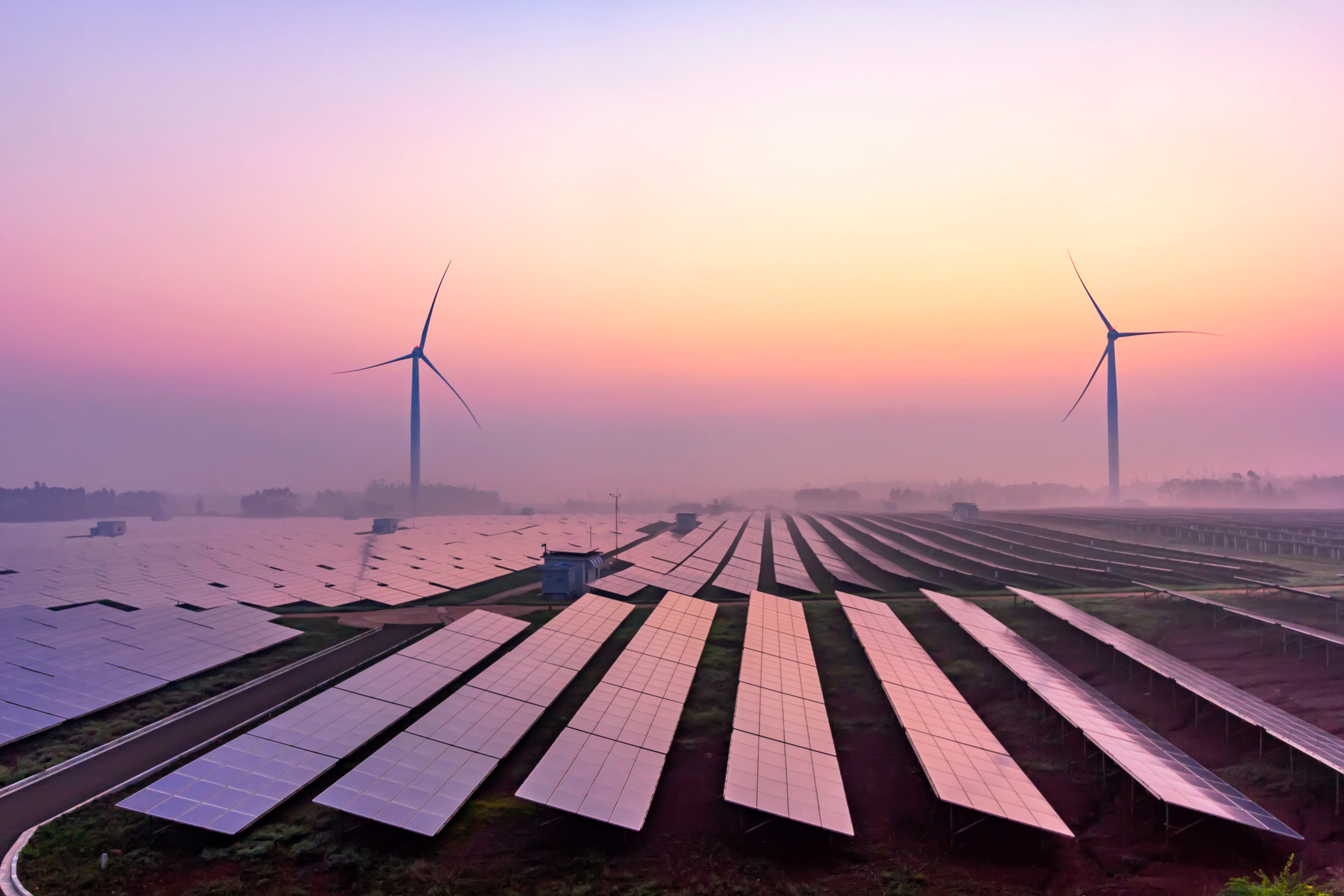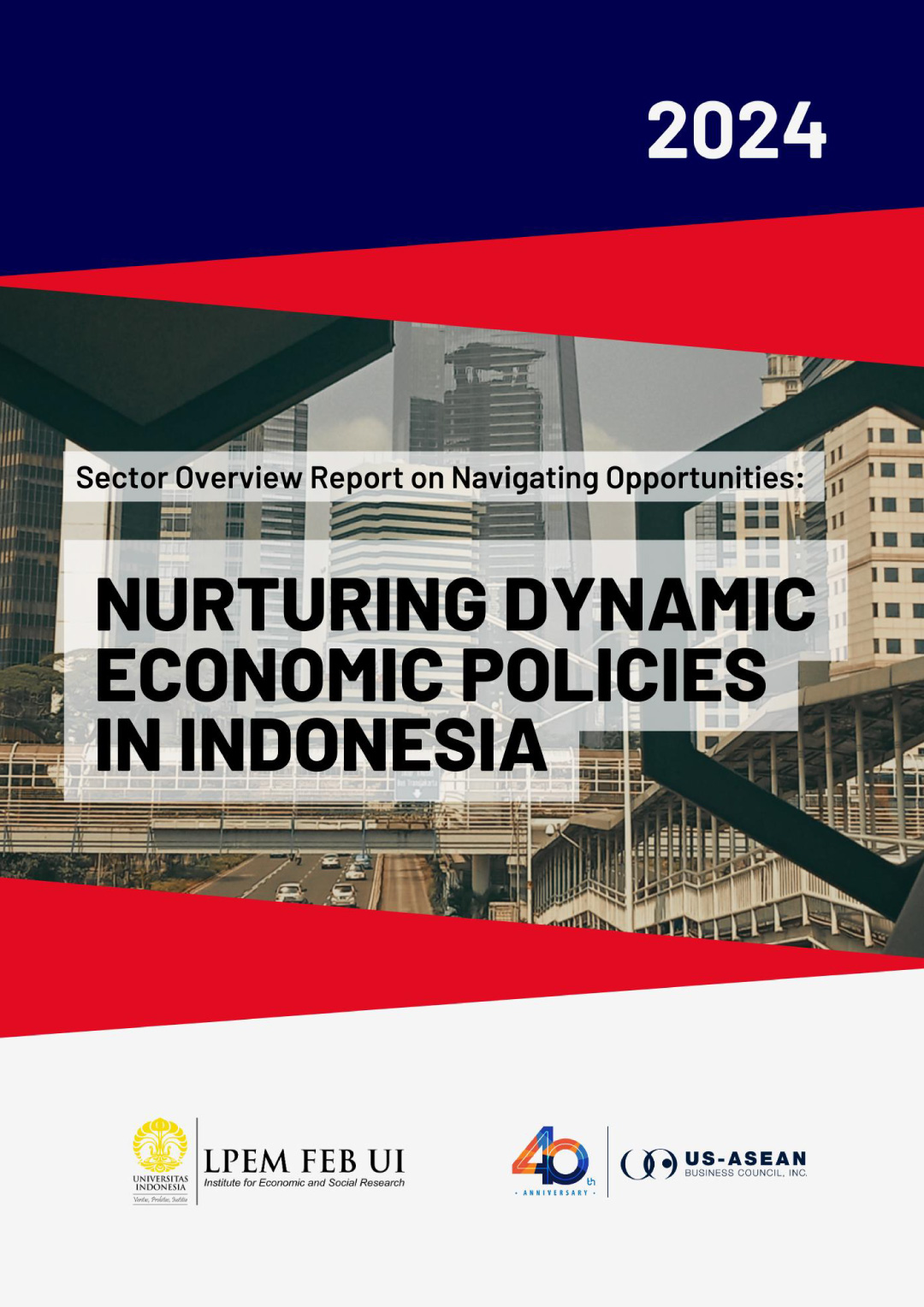Indonesia’s Transition of Power and the Power Transition

With Indonesian President-elect Prabowo Subianto’s inauguration set to take place this October, the country’s energy sector has the potential to undergo a major transition. Prabowo’s campaign speeches about energy envisions Indonesia as a “green energy superpower.” Like under the current Joko Widodo Administration, Prabowo plans to utilize foreign capital and technology to develop Indonesia’s energy sources, but with the notion of achieving energy self-sufficiency. Fulfilling energy, namely electricity, demands for Indonesia’s supersized and widely dispersed population will take precedence over energy exportation and multilateral climate initiatives. Reducing “red tape” and liberalizing access to all manner of renewable energy reserves for state-owned enterprises as well as foreign developers will be promoted to generate benefits that can serve the interests of both nationalist and sustainability agendas.
Indonesia’s large, diverse, and natural resource-rich biomes store vast energy sources from biofuel, hydro, wind, wave, solar, and even geothermal sources. This renewable capacity speaks to the U.S. signing the Just Energy Transition Partnership (JETP) with Indonesia in November 2023. Given minimal material developments on this agreement, Indonesia’s Deputy Minister RachmatKaimuddin, Chief of Indonesia’s National Energy Task Force, has described current energy infrastructure initiatives as “half baked.” Minister of Finance Sri Mulyani Indrawati has also cited a lack of green financing structures for the lack of deliverables on the JETP thus far. If such deals are to be made good upon, now is an opportune time for U.S.-based developers to maximize on their partnerships given raised political will for renewable investment and high energy demand across Indonesia.




![Cover-[USABC-Final]-Driving-ASEAN-Unity-Malaysia's-Vision-for-2025](/sites/default/files/2025-07/Cover-%5BUSABC-Final%5D-Driving-ASEAN-Unity-Malaysia%27s-Vision-for-2025.jpg)




